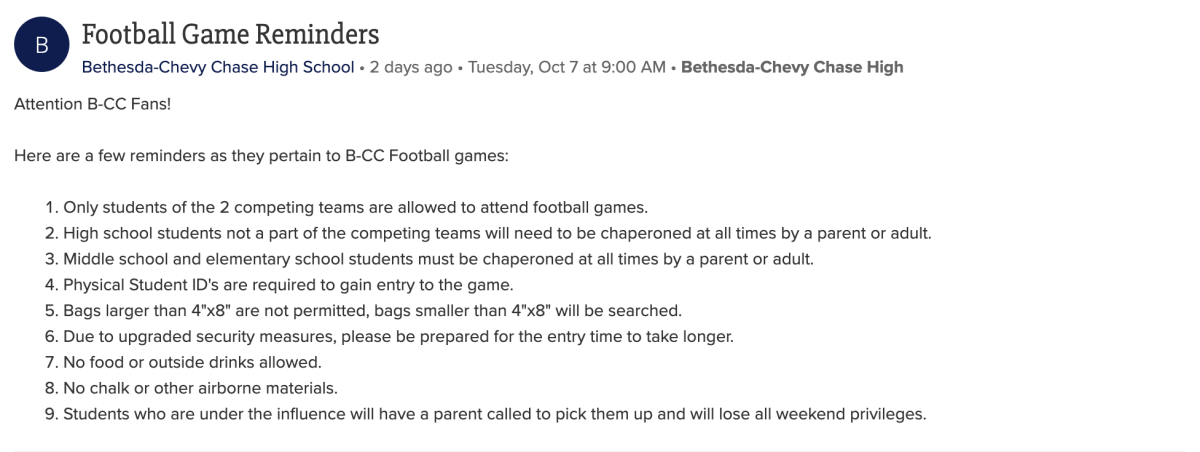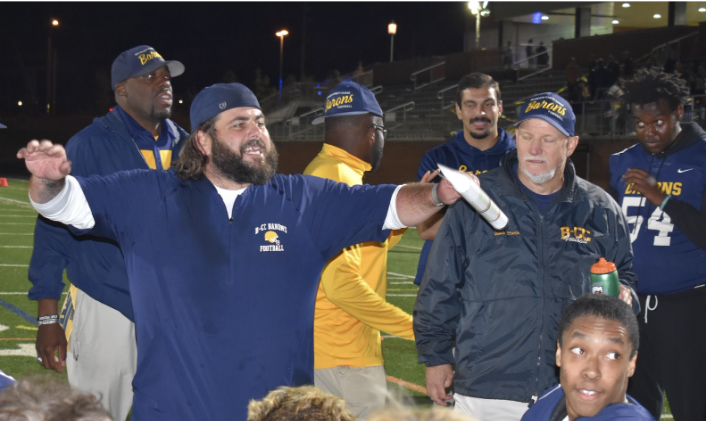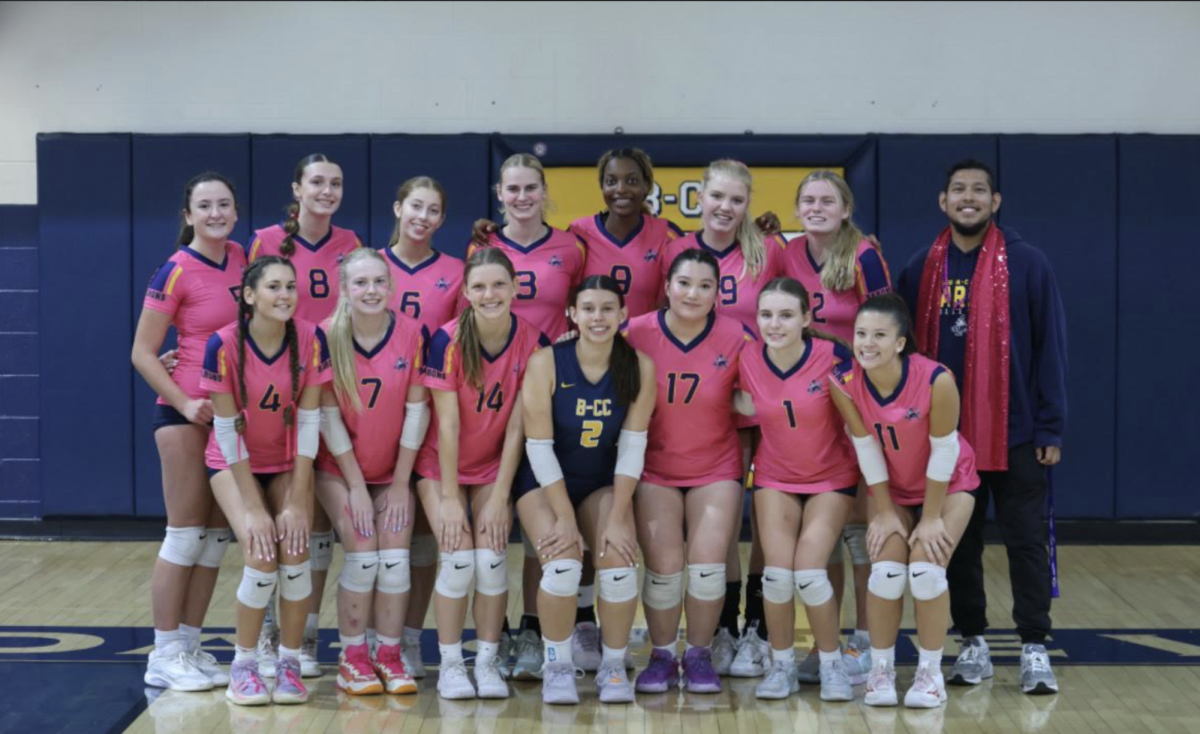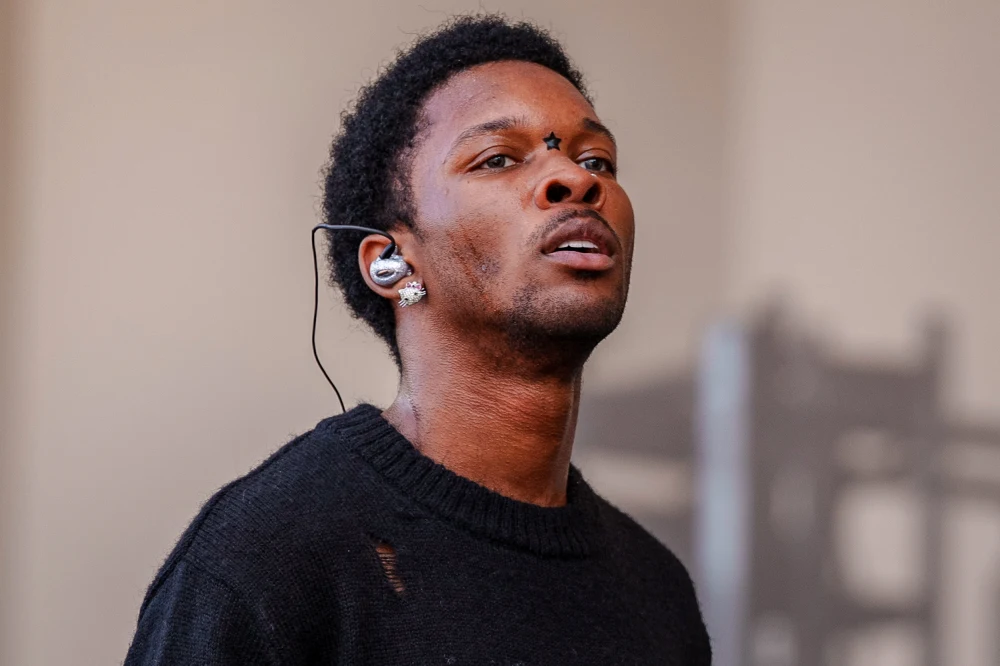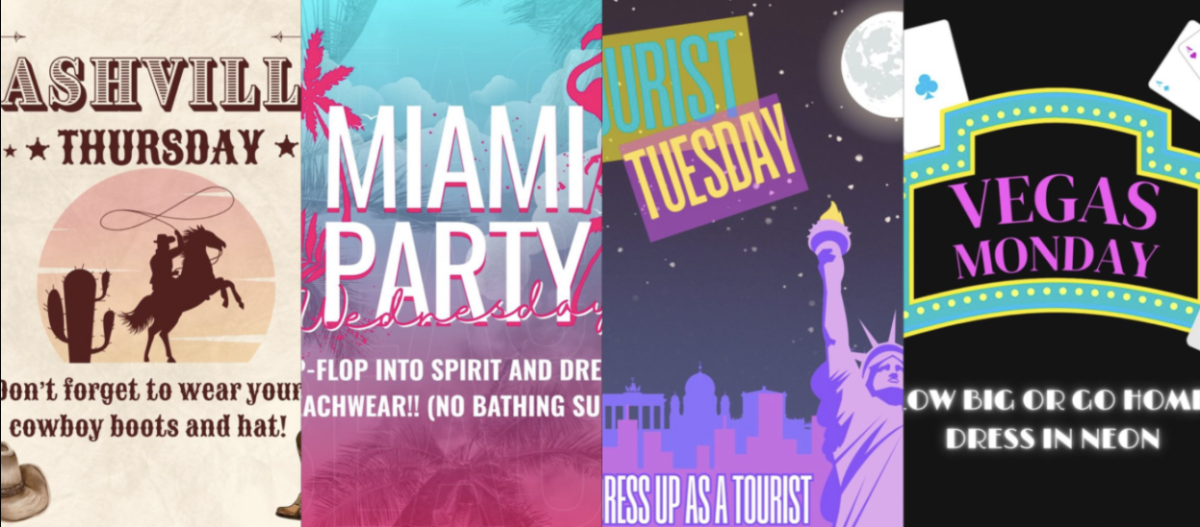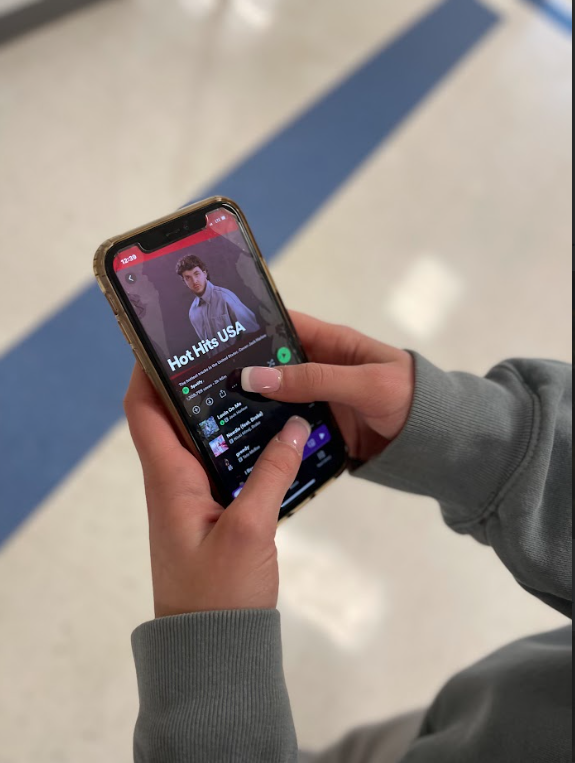Have you ever shied away from sharing what you like to listen to? Do you share it without hesitation? For everyone, music taste is utterly subjective. Nobody should have to feel self-conscious about what they like or not. Knowing this, why do many skew one way or the other?
Music tastes vary depending on age, area, culture, and more. As Montgomery County expands across 210 schools, Bethesda-Chevy Chase’s district covers many miles, meaning students most likely have a wide range of differences in their preferred music. Along with varied tastes in music, insecurity may stem from certain people thinking or knowing that their favorite type of music is not collectively considered good.
When asked why he thinks insecurity involving music exists, freshman Will Fama responded, “Isn’t everyone insecure? People are just like that because what they enjoy may not line up with someone else’s opinions.” Fama continued talking about his personal experience, “I am not necessarily insecure about mine, but I do not like sharing it because it is basic. But even though it is basic, it is still my preference.”
Teachers often offer the option to listen to music while doing independent work and frequently ask students to share a song they might want to play for the rest of the class, as teachers may not be up to date on trending music or want to please students. This may be an outlet for students to express themselves amongst their peers, but fearing backlash, many shy away from this moment.
However, some students do not have an issue with how their music is perceived. Sophomore Imogen Huxley, said, “I have always been pretty confident in my music taste. I’m not afraid of judgment, but I know most people are. People are often judging because they are either insecure about themselves or aren’t used to different tastes or styles.”
Musical choices for sharing in class may also limited because of inappropriate words and themes for school. Since teenagers often prefer more mature music artists and genres, many students are limited in what they can introduce into their classes.
While some teachers may allow it, others don’t appreciate the idea of music being played in the classroom as it takes away from the lesson plan and student participation. However, Ms. Judge, advisor of The Tattler, is not one of those teachers. She adds that when she asks for student input on impromptu music suggestions, she is met with hesitation. “When I ask students for songs, most students ask me to ask someone else. There seems to be a lot of trepidation about being public with music choices.”
Even though students may be shy about telling their friends and sometimes teachers about their likes and dislikes of different songs, if allowed to be anonymous about their suggestions, students will take it. Ms. Judge also said, “At the beginning of the year, when I gave a Google Form to have students write down their suggestions, there were a lot of answers there.”
As some see it, the teenage years are rife with insecurity, as judgment invades every part of life. Music is personal, as sometimes it can reflect inner feelings. Being made fun of for something so close can be hurtful, which is why many young people turn away from the opportunity to share their favorite songs. However, music can also be an entrance into understanding others, so even if there might be a sliver of judgment, consider letting people in. More than likely, someone else will share your favorites.



